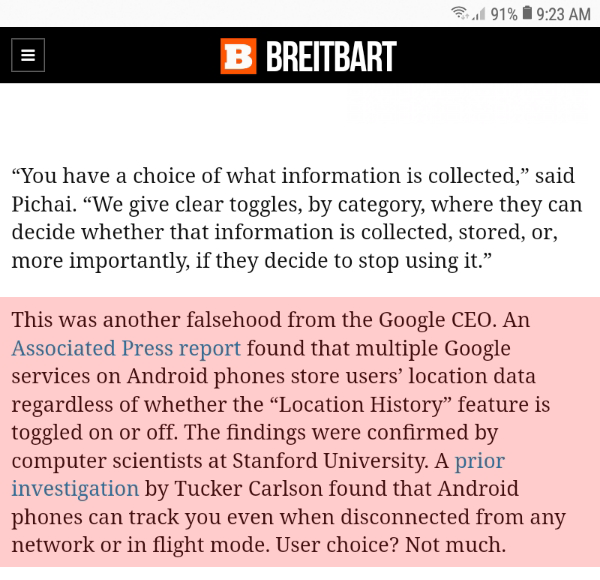Think Differently!
Personal computing today differs significantly from that of 10 years ago. 10 years ago the user – as a buyer – got at least some respect from software
vendors. The user was regarded as a customer. Today the user is just a piece of shit! The developers work for their big advertising clients, for the DRM lobby, for the
government and its spying agencies. The PC user is at the very end of this food chain.
This calls for a completely new attitude on the part of the PC user. Loyalty is a thing of the past; suspicion is a must.
So I say: Don’t believe a fucking word. If the vendor says “highly recommended”, you do the opposite. If the developer says “required component”,
you trash the shit and see what happens.
![]()
Common Misconceptions
1.
Anti-virus software is needed
Forget it! Do you really think these guys want to help you? Like a mother helps her baby? Don’t be ridiculous.
This is like expecting a divorce lawyer to speed up the trial. This would be totally against his interests. The longer the couple fights the better for all the legal
beagles involved.
And the more viruses circulate and scare the shit out of people the better for all anti-virus software vendors!
Solution: Get “Acronis True Image”, and regularly clone the C drive. If a problem occurs, you delete the entire drive and replace the content with that of the
clean clone. This takes no more than 7 minutes with an SSD.
2.
The Windows libraries are useful
Forget it! Never ever use default locations. Never use the C drive for private files. Private files should be on an external disk only. This way you don’t lose a
single file when you clone the C drive.
And: Hackers love default locations. If you put your private files somewhere else, their programs have a problem.
3.
Updates are needed
Forget it! If you have the power to delete and restore your C drive and MBR in minutes, you don’t need updates. No matter what happens – the Operating System
stays fresh forever (which can’t be said about a lot of women).
4.
Being online is fun
Forget it! Being online is sometimes necessary but, naturally, you are much more vulnerable to attacks and control attempts when you are online. When you are offline,
the trojan someone has sent to your PC can’t get in, and Adobe can’t check on how many devices Photoshop is running, and the Windows Media Player – if you are
stupid enough to use that player – can’t check, if all your songs have been purchased officially, and Google can’t find out where you are. Et cetera.
A really annoying situation for all paternalists and spies!
That is why some vendors sell you software that does not work offline – an absolute cheek. Never accept that. (And never accept a mobile device with a battery that
cannot be removed. That means you are being spied out even when you think you are offline.)
5.
Cloud computing is great
Forget it! Why do you think cloud computing is being promoted so heavily? Why is disk space (that was so precious 10 years ago – a mailbox offered something
like 20 MB in those days, and you had to go on your knees to get a bigger allowance) so cheap all of a sudden?
The answer is simple: More control can be exerted this way. The providers promise you absolute privacy, absolute reliability, absolute security. But in actual fact
they do what they want with your private files. They look at your photos, listen to your songs, go through your archives, create user profiles and track your every move.
Whatever they want. You are not there to stop them. (And the laws of your country are irrelevant; the remote servers are somewhere else.)
The ISPs – and the authorities that are interested in extensive data mining – are in heaven. This is like ferreting around your girlfriend’s mobile without
her knowing it. (Try that sometime; it may change your relationshit [no erratum].)
So much for modern day computing, my dear friends. We have come a long way. The Internet has not kept its promise to be a new world in which freedom and self-rule and
individual dignity have a chance to thrive.
The Internet, on the contrary, has turned into a paradise and playground for censors, spies, data miners, prosecuting attorneys, advertisers and the like. The computer
user is nothing but a pawn in this game, if he does not learn how to fend off these attempts to infiltrate his very life.
![]()
Cf. Tilman Baumgärtel: Das Ende der Utopie (NZZ Nr. 152/2013, p. 45)
